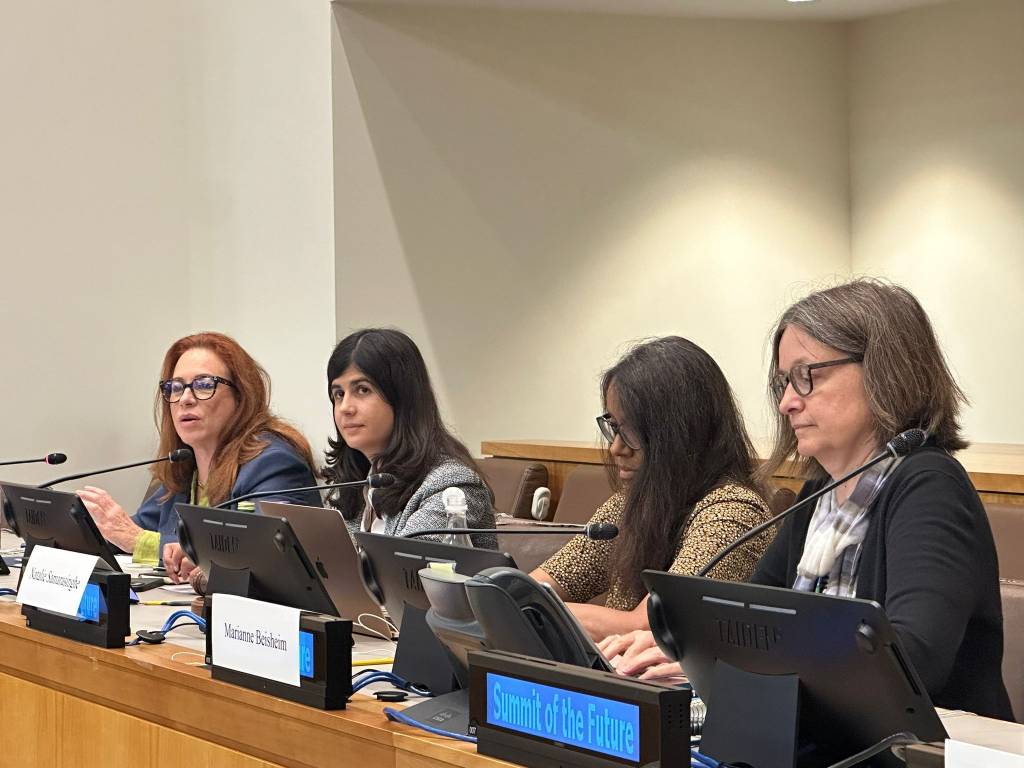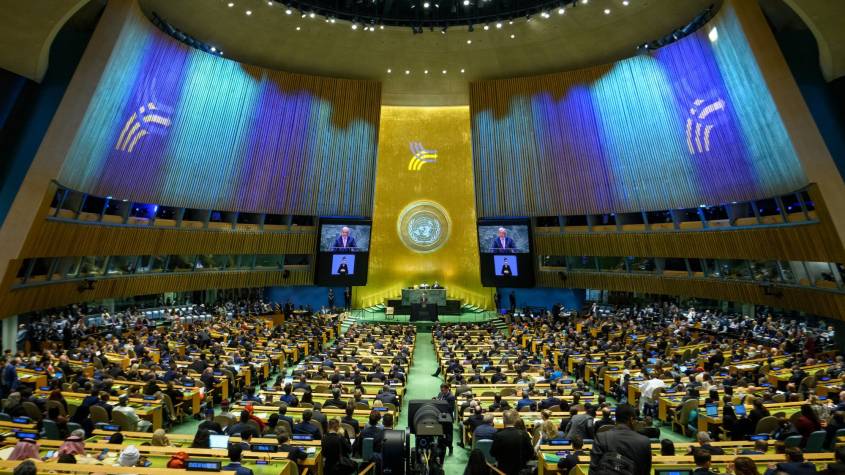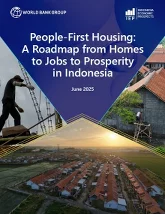Pact of the Future: We Need a System for Governing Earth’s Environment —Maria Espinosa

Maria Fernanda Espinosa, President of the 73rd Session of the UN General Assembly (UNGA) cum Executive Director of Global Women Leaders Voices for Change and Inclusion, an advocacy group of global women leaders advocating for multilateralism and gender equality, says the Pact of the Future should help the world come up with a governance mechanism for the earth’s environment.
Ms. Espinosa was speaking at a United Nations (UN) Summit of the Future side event panel of discussion under the theme: The Road Through The Summit of the Future: Generating Impact from the Pact for the Future, a UN Summit of the Future (SOTF) Action Day Side Event hosted by Coalition for the UN We Need (C4UN) and Global Governance Innovation Network (GGIN).
The session which was held in New York, highlighted major new initiatives in the “Pact for the Future,” the “Global Digital Compact” and the “Declaration on Future Generations,” and their potential areas for impact, implementation, and follow-up.
Ms Espinosa said even though climate and environment issues are contentious they should not be sidestepped.
“It is about rejuvenating and revitalizing many of the bits of governance architecture of the multilateral system. It cannot work if we exclude the environmental or climate part because negotiations on this have been extremely contentious. We have to ensure coherence, accountability, and understanding that the green sector and nature governance-related issues are interconnected by factoring in the idea of planetary boundaries on the things we do,” she said.
The Interim People’s Pact of the Future had called for the establishment of “an Environmental Governance Agency with binding, supranational authority to provide effective, integrated, equitable and accountable global governance of the Earth System including both the capacity to regulate and to mobilize the necessary resources. While setting up such an Agency has proven politically difficult, the robust scientific analysis by the IPCC, IPBES, etc., on planetary boundaries and approaching tipping points confirm the urgent need for such an institution now.”
In her remarks on the reform of the International Financial Institutions (IFIs), the Executive Director and Co-Founder of Plataforma CIPO, Maiara Folly, the Executive Director and Co-Founder of Plataforma CIPÓ, a Brazil-based think tank that focuses on issues of climate, governance and international relations, called for the reform of the whole international financial architecture noting that the IFIs’ decision-making process is so complex yet has serious impacts on people’s lives.
“The decisions of the IFIs have very real impacts on people’s lives. Their decisions have a very significant impact on whether countries will have the ability to invest in climate, health, and education, among others. It is no longer acceptable that those decisions are being taken by individuals from a minority of countries in the Global North. This hinders the legitimacy of the multilateral system and so that must change,” she said.
The Summit of the Future (SOTF) scheduled for September 22-23 in New York will lead to the adoption of a “Pact for the Future” that contains a number of commitments for strengthened international cooperation on a range of the United Nations’ core activities.













